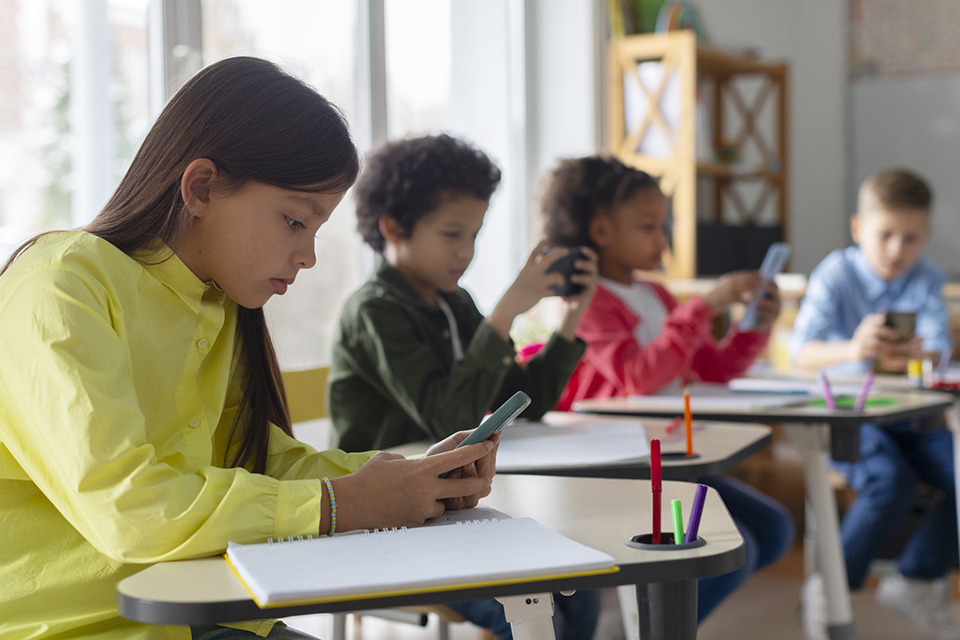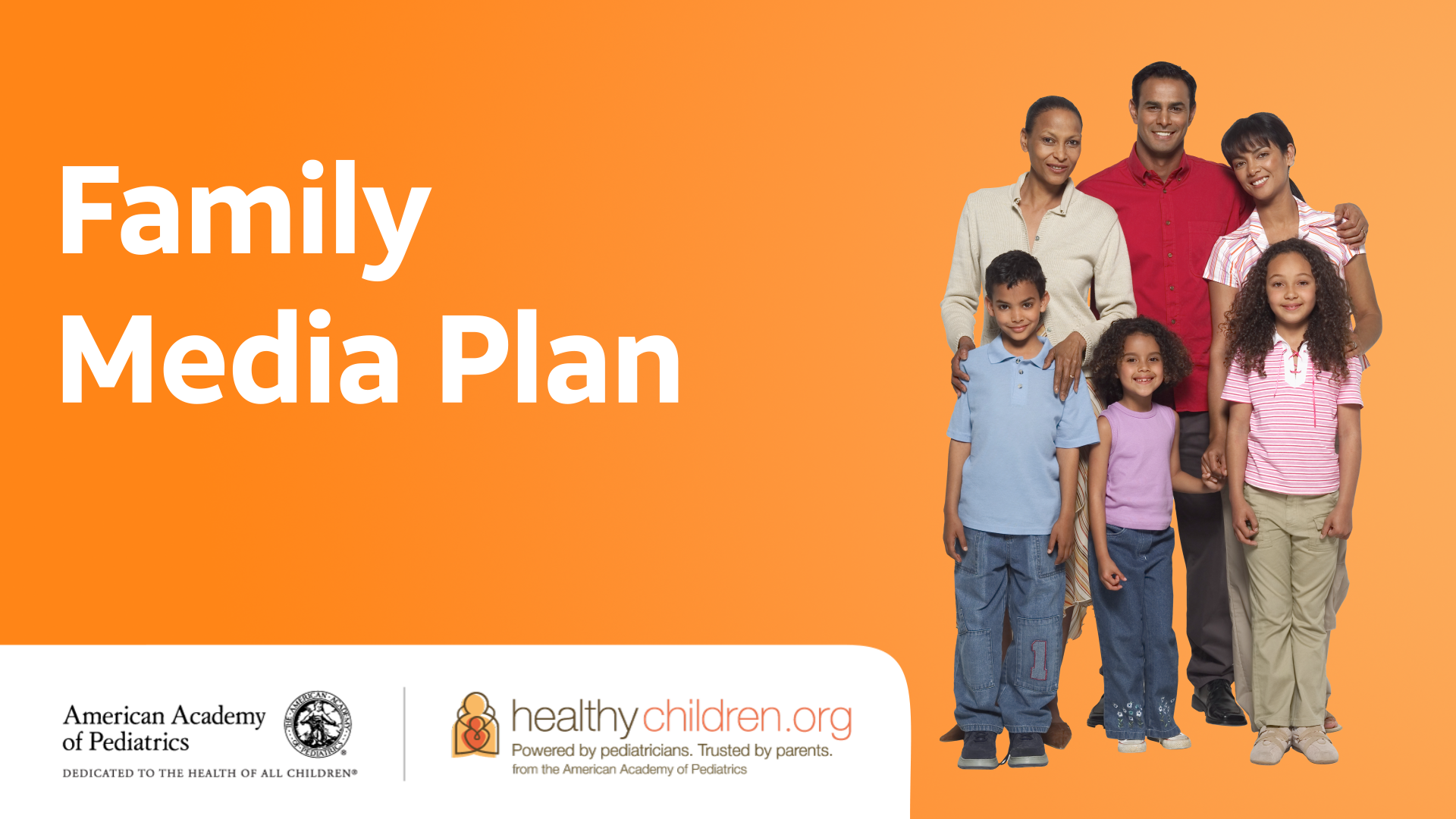Browse our Q&A Portal Library
Browse our library of all previously submitted questions here. Check back often as we add new questions regularly.
Welcome to the Social Media and Youth Mental Health Q&A Portal! Here you can read our featured Q&A Portal questions, view available resources to help your students build healthier digital habits and browse our library of previously submitted questions and responses to learn more about other topics.
Not finding what you're looking for? Feel free to submit your own question to our Center of Excellence team. Your question will receive an evidence-based response from our expert team and be added to our Q&A Portal library.
Read our featured Q&A Portal questions and responses
Question: Can screens have an impact on the emotions of young children with autism?
Answer: For young children with autism spectrum disorder (ASD), some areas of difficulty can include communication, learning, adapting to change, planning, impulse control, managing strong emotions and processing sensory input. Read the rest of this answer here.
Social Media & Youth Mental Health Q&A Portal
|October 28, 2025

Question: For teens, what are the potential benefits that come from using technology and social media?
Answer: At the Center of Excellence on Social Media and Youth Mental Health, we find it important to discuss not only the risks but also the benefits that come with technology and social media. Read the rest of this answer here.
Social Media & Youth Mental Health Q&A Portal
|December 5, 2025

Question: Is there guidance on the amount of screen time a child should have at school? I've seen articles that talk about limiting non-educational screen time, but I'm wondering what guidelines schools might use, especially as technology often makes learning more accessible to certain groups of students, and with the increased focus on AI in education.
Answer: While many parents feel comfortable monitoring the amount of non-educational screen time their child gets at home, they may not know how much their child is using technology – for learning or for fun – in school. Read the rest of this answer here.
Social Media & Youth Mental Health Q&A Portal
|March 13, 2025

Browse our library of all previously submitted questions here. Check back often as we add new questions regularly.
Don't see what you are looking for? Submit your own question below. Your answer will then be added to the Q&A Portal library to help others with similar questions.
Use these resources to help develop healthy digital habits

Help your students build healthy digital habits with this handout that includes research-based tips that can make a big difference. Also available in Spanish.

Media is everywhere and managing it all can be tough. Share the AAP Family Media Plan with your students to help them better understand the importance of setting media priorities and encourage them to share the tool with their parents.
Explore the latest research, insights, and evidence-based resources on youth, media and mental health
Funding for the Center of Excellence was made possible by Grant No. SM087180 from SAMHSA of the US Department of Health and Human Services (HHS). The contents are those of the author(s) and do not necessarily represent the official views of, nor an endorsement by, SAMHSA/HHS or the US Government.
02/22/2024
American Academy of Pediatrics